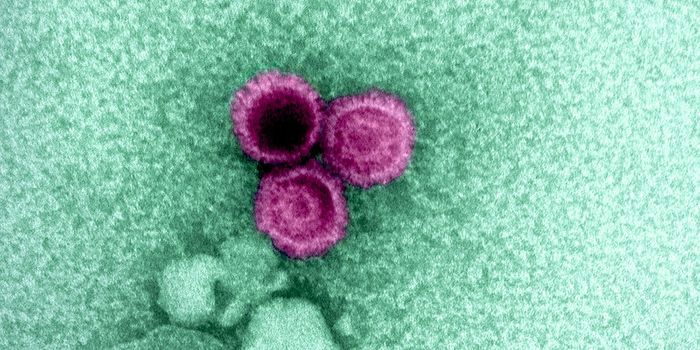An Off Switch for Inflammation?
Regulating inflammation is vital for controlling various autoimmune and inflammatory diseases. Inflammation is important as a response to pathogenic invasions, but when inflammation goes overboard or occurs without reason, it can cause severe damage. Scientists from Trinity College Dublin now introduce a way to turn inflammation “off.”
A metabolite of glucose, called itaconate, is able to “switch off” macrophage activity, scientists found. This finding comes from a research group that has been studying macrophages for six years; it is believed to be the most important finding to date, with the potential to treat inflammatory diseases like arthritis, inflammatory bowel disease, and heart disease.
Macrophages are immune cells that identify, engulf, and destroy foreign particles through a process called phagocytosis. Macrophages also act as antigen-presenting cells, which means they take pieces of foreign particles and bring them to the attention of T cells, another important player in the immune system, which can initiate inflammation if the antigen is deemed to be indicative of a looming infection.
"It is well known that macrophages cause inflammation, but we have just found that they can be coaxed to make a biochemical called itaconate,” explained study leader Luke O’Neill. “This functions as an important brake, or off-switch, on the macrophage, cooling the heat of inflammation in a process never before described."
According to a 2016 Cell Metabolism study, itaconate is one of the most highly induced metabolites in activated macrophages, and it is involved in the regulation of important cellular functions as well as cytokine production. Cytokines are chemical messengers of the immune system that can, for example, tell immune cells to turn inflammation on or off.
How does it work? Macrophages transform glucose into itaconate, which blocks the production of inflammatory factors and prevents lethal inflammation that occurs during infection. Itaconate can directly alter several proteins involved in the inflammatory process in a novel chemical reaction.
Going forward, researchers ask: how is the relationship between macrophages, itaconate, and inflammation related to the onset and development of disease? How can this relationship be applied to the development of new anti-inflammatory drugs?
The present study was published in the journal Nature.
Sources: British Society for Immunology, Trinity College Dublin









